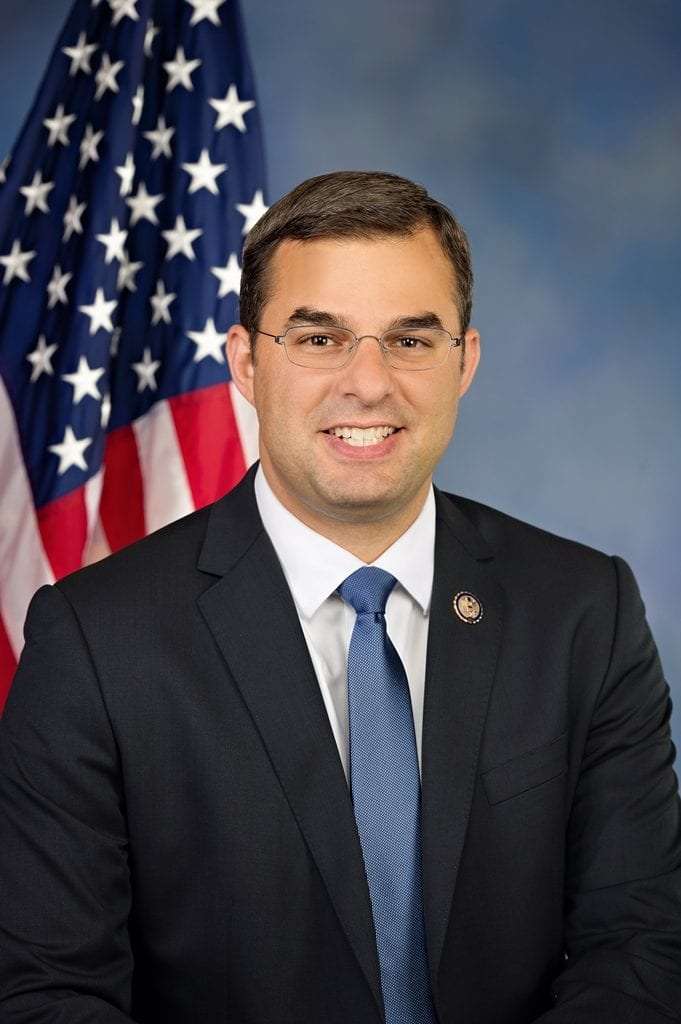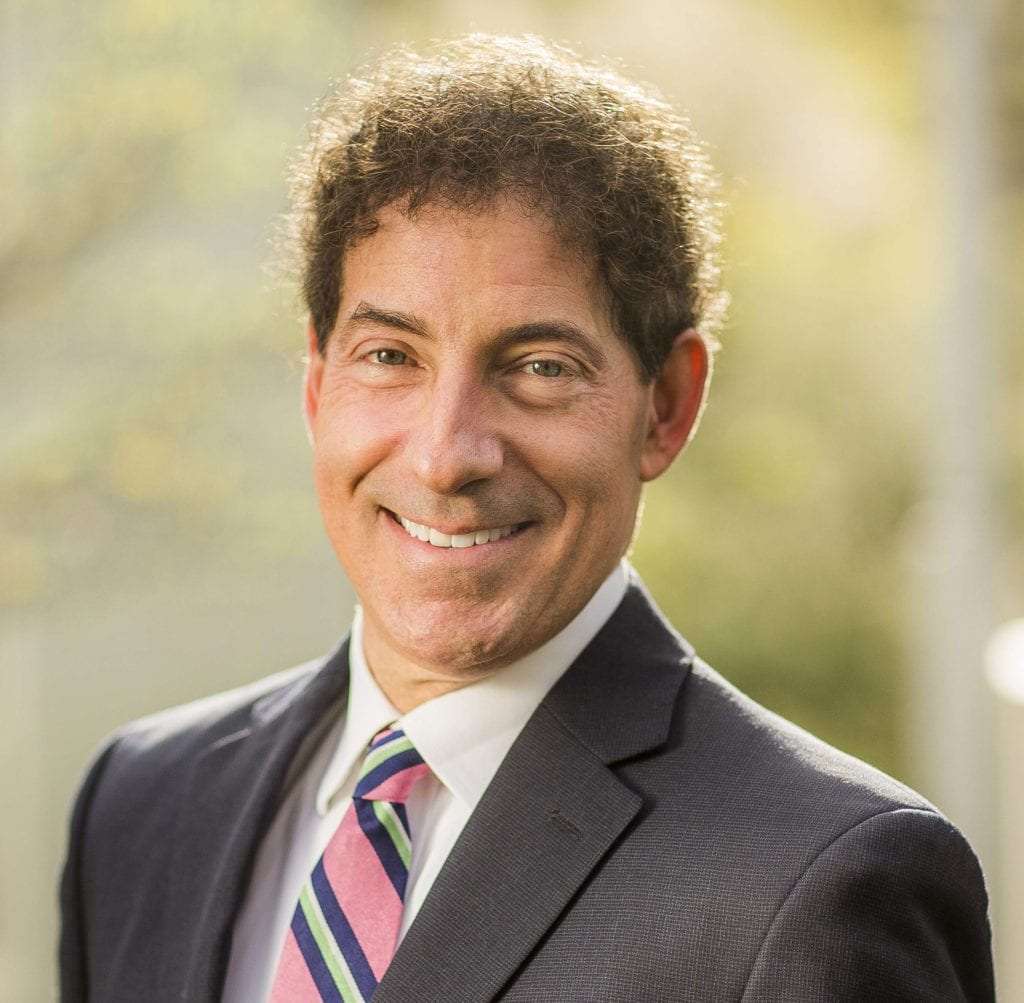The Volokh Conspiracy
Mostly law professors | Sometimes contrarian | Often libertarian | Always independent
House votes to curb asset forfeiture

Yesterday, the House of Representatives voted to curb federal asset forfeitures, a program that enables law enforcement officers to seize private property, often in cases where the owner was never even charged with a crime, much less convicted. The House bill passed by a virtually unanimous voice vote. It would defund a federal asset forfeiture program reinstated by Attorney General Jeff Sessions, after Obama AG Eric Holder had previously taken steps to curb it:
The House voted Tuesday to curb the law enforcement practice of seizing cash and property from people who are suspected of illegal activity but who have not necessarily been charged.
A bipartisan group of lawmakers pushed an amendment to a government-spending package for 2018 that would prohibit the Trump administration from using funds to remove restrictions on the use of asset forfeiture. The practice allows law enforcement to seize cash and property and keep at least part of the proceeds.
Opposition to relaxing asset-forfeiture limits produced a strange-bedfellows effort by members of the conservative House Freedom Caucus and liberal progressives. Sponsors of the amendment included Reps. Justin Amash (R-Mich.), Mark Sanford (R-S.C.), Raúl Labrador (R-Idaho), Pramila Jayapal (D-Wash.), Ro Khanna (D-Calif.) and Don Beyer (D-Va.).
Their amendment would specifically restrict the use of what's known as "adoptive forfeiture," which allows the federal government to take assets seized by local authorities.
Critics say that the practice has allowed local authorities to circumvent state laws that were stricter than under federal statute. About two dozen states have laws that make it harder for authorities to seize property if a person has not been convicted of a crime.
The funding restrictions passed by a unanimous voice vote. Among the leaders in the effort to curb asset forfeitures were libertarian-leaning Republican Justin Amash and progressive Democrat (and longtime American University law professor) Jamin Raskin.

In 2015, Obama attorney general Eric Holder established a new policy significantly curtailing, though by no means abolishing, adoptive forfeiture, also known as "equitable sharing." This July, Jeff Sessions reversed Holder's decision and reinstated the program. For reasons I described here, the Sessions' decision is a menace to both property rights (especially those of the poor) and federalism:
Sessions claims that the policy is needed to ensure that criminals are not "allowed to keep the proceeds of their crime." In reality, however, some 87% of federal asset forfeiture cases do not require any prosecution or conviction. Often, authorities seize property they think might potentially have been used to commit a crime, even if the owner did not violate any criminal laws himself. The opportunity to profit from the sale of forfeited assets creates perverse incentives to seize as much as possible….
[A]sset forfeiture has attracted widespread opposition on both right and left, because it undermines property rights, harms numerous innocent people, and especially tends to victimize the poor and minorities, who often lack the resources to contest seizures. In many states, owners have little opportunity to contest seizures, thereby enabling authorities to hold on to their seized property for months or even years, without so much as a hearing. In my view, such practices violate the Due Process Clause of the Fourteenth Amendment… Justice Clarence Thomas also raised serious concerns about the constitutionality of asset forfeitures in a recent opinion….
Sessions' new policy is a menace to federalism as well as property rights. Many states have enacted reforms preventing law enforcement agencies from profiting from asset forfeitures, thereby reducing incentives to seize the property of people who have not been convicted of any crimes. Equitable sharing circumvents these state laws, by enabling police to profit from seizures through payments funneled through the federal government. As a result, law enforcement agencies will have incentives to prioritize drug cases that are likely to net them money over violent crime and other objectives that state governments might value more.
This vote is a rare show of bipartisan, cross-ideological unity in a good cause. But it remains to be seen whether it will will pass the Senate. In addition, because this is a defunding measure rather than an outright ban on equitable sharing, it might potentially be possible for the Justice Department to try to perpetuate equitable sharing in ways that technically don't expend federal funds. For example, perhaps participating states will pony up funding to continue the program. Ideally, Congress should forestall such shenanigans by simply banning equitable sharing and other abusive asset forfeiture practices outright. That said, this vote is definitely a step in the right direction, and a sign that respect for federalism and property rights is not completely dead in Congress.


Show Comments (0)